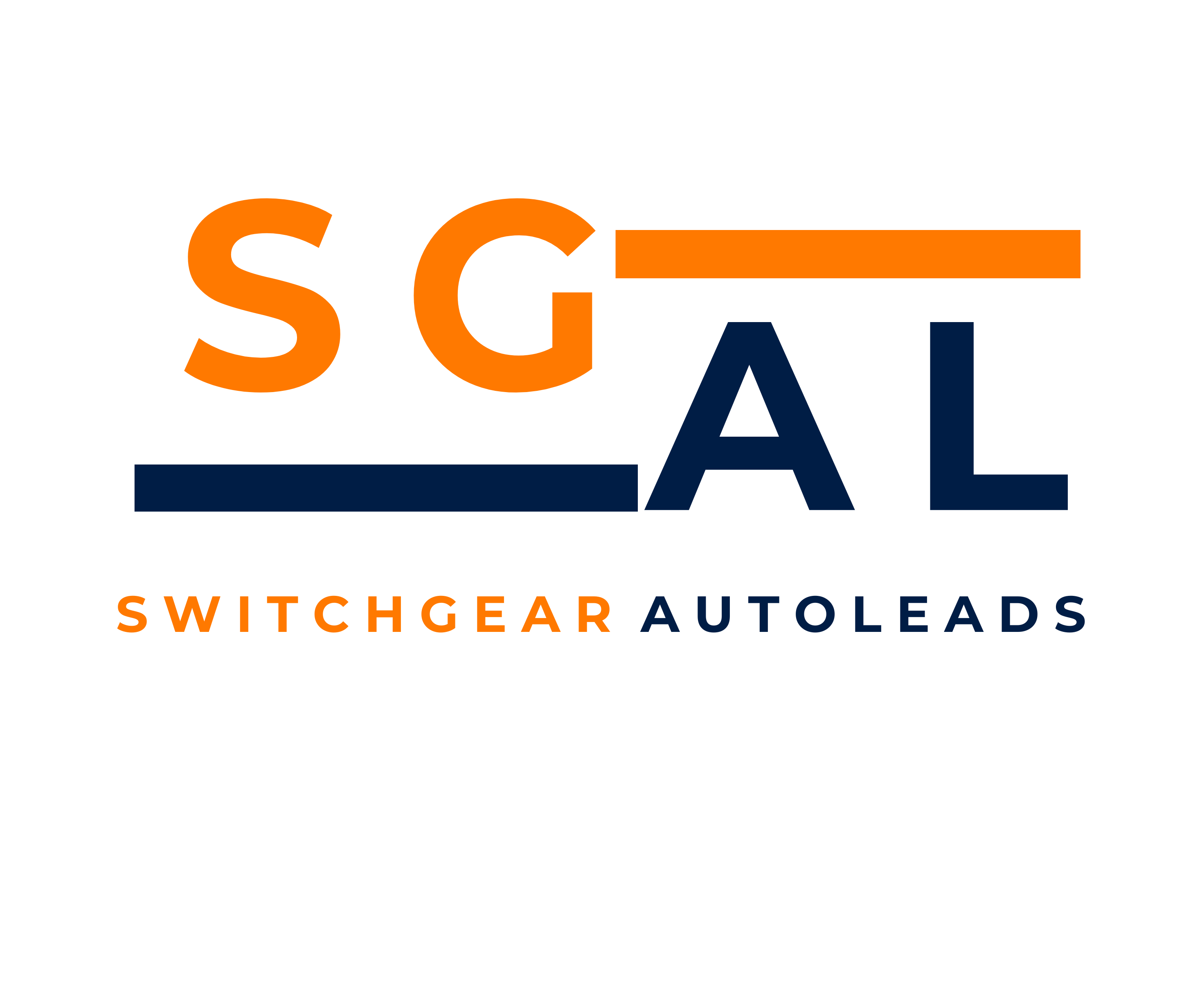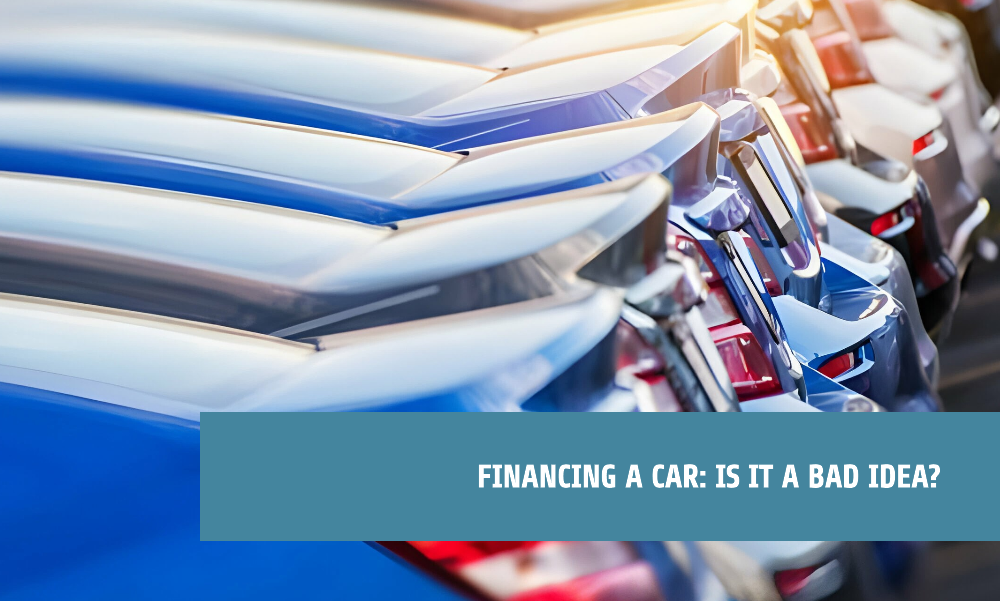
Car financing is a big financial decision that needs to be carefully thought through in light of several aspects. Finance for a car has benefits and drawbacks that people should consider before committing, even though it’s not always a bad option.
Although financing an automobile is sometimes a lousy option, people should consider the advantages and disadvantages before deciding. Think about interest rates, loan terms, depreciation, and the long-term financial effects of financing instead of paying cash. The optimal decision will ultimately rely on personal tastes, ambitions, and circumstances.
What are the Pros of Financing a Car in Canada?
Spread Out the Cost: By allowing you to spread out the cost over time rather than paying the entire amount at once, financing helps you make the price of the car more bearable. This can be especially helpful for people who need more money to buy an automobile outright.
Smaller initial investment: Financing usually requires a smaller initial outlay than outright purchase. This implies you will need less cash upfront to purchase a new or used car, freeing up savings for other costs or investments.
Most people who have good credit can have a 0% down payment but what about bad credit? Is it possible to get a car loan with a 0% down payment and bad credit?
More Car Options: Since you’re not restricted to what you can purchase altogether, financing gives you access to a more excellent selection of cars. Financing allows you to select the car that best fits your needs and tastes, whether you’re eyeing a luxurious new car or a dependable old car.
Build Credit: Making on-time vehicle loan payments will help you raise or maintain your credit score. Financing is a valuable instrument for building a favorable credit profile because it is necessary to have an excellent credit history to get good terms on future loans, mortgages, or credit cards.
Potential Tax Benefits: For people who itemize deductions on their tax returns, the interest paid on a vehicle loan may occasionally be tax deductible. To determine if you can deduct any taxes for the interest on your auto loan, speak with a tax expert.
Fixed Monthly Payments: Your monthly payments for a fixed-rate loan stay the same throughout the loan term, giving you budgeting flexibility and consistency. Accurately anticipating your monthly expenses will help you better manage your money and prevent unpleasant surprises.
Flexible Loan Terms: Lenders frequently provide flexible loan terms, so you may select a repayment schedule that suits your objectives and financial status. There are options available to suit your needs, whether you prefer a more extended loan period with lower payments or a shorter term with more outstanding monthly payments.
Potentially Lower Insurance Rates: Certain insurers offer lower rates when financed vehicles are compared to those purchased outright. You might be qualified for insurance rebates or discounts if you finance your car, which could result in lower insurance costs.
What are the Cons of Financing a Car in Canada?

High-Interest Rate: Auto loans may have exorbitant interest rates, particularly for borrowers with credit ratings that are below ideal. A car with a higher interest rate will cost you more money overall because you will pay more during the loan’s term.
Negative Impact Credit Score: Your credit score may suffer significantly if you miss payments or fall behind on a car loan. A lower credit score may result in higher interest rates on future borrowing and make qualifying for credit cards, mortgages, or loans easier.
Risk of Debt: Taking out a car loan entails taking on debt, which, if well handled, can avoid becoming troublesome. Your monthly loan payments pressure your spending plan and reduce your financial flexibility, mainly if unforeseen costs crop up.
But don’t worry Switch Gear Auto Offers financing cars in Canada. So, you can get approved for finance without having to pay any interest.
Depreciation: Automobiles lose value when you drive them off the lot because their worth depreciates over time. If you decide to sell or trade the automobile before the loan is paid off, the depreciation may exceed your loan payments, leaving you with more debt than the vehicle is worth.
Hidden Fees and Add-ons: Dealerships may promote needless add-ons or tack on hidden fees, raising the total cost of borrowing. Before signing the loan agreement, thoroughly review its conditions and negotiate any additional costs or add-ons.
Limited Flexibility: Upon signing a loan arrangement, you are legally bound by its conditions and have little room for negotiation. Adjusting the loan’s terms could be challenging if your financial circumstances change or you face unforeseen difficulties like illness or losing your job.
Maintenance and Insurance Fees: You’ll also need to pay continuous insurance and maintenance fees in addition to your loan instalments. The total cost of owning a car might increase with regular maintenance, repairs, and insurance payments, sometimes stretching your budget beyond what you had planned.
Which of These Options is Better for Me?

Your financial status, ambitions, and preferences are just a few variables determining whether financing or paying cash for a car is better. The following factors should be considered while deciding which option would be best for you:
Paying Cash: Financial Stability: You can avoid interest payments and feel more at ease if you can afford to pay for a car with cash without significantly impacting your emergency reserves or other financial objectives. Paying with cash helps you stay out of debt, which is advantageous if you’d rather have as little debt as possible or if you’re worried about interest rates and credit scores.
Interest savings: You can save money over time by paying cash upfront to avoid paying interest on a car loan.
Financing: You can raise or lower your credit score, which is necessary for obtaining future credit chances like loans and mortgages, by financing a car with Switch Gear Auto, you can lease a car with even Bad Credit.
Savings Preservation: Rather than investing a sizable portion of your cash in a depreciating item, financing enables you to keep your savings intact and preserve liquidity for other financial obligations or investments.
Access to Better Vehicles: Compared to paying cash up front, financing allows access to a more extensive selection of vehicles, including newer models and higher-end choices.
Flexibility: You can choose a repayment plan that fits your budget and financial objectives thanks to financing’s flexibility in loan terms and payment options.
Get Pre-Approved for Your Dream Car Today with Switch Gear Auto!
Looking for your dream car without the credit stress? Switch Gear Auto is here to simplify car shopping for you! With a vast network of top lending partners. We’ve assisted thousands of Canadians in finding their luxury car, no matter their credit score. Even if you have minimum requirements or you are looking for a 0% down financing, Switch Gear Auto can help you shop from home stress-free. Get pre-approved for free today!
Conclusion
The best choice for you ultimately relies on your unique priorities and circumstances. Consider your comfort level with debt, long-term goals, present financial status, and preferences for owning a car. Speaking with a financial advisor could also be helpful if you want to weigh your options and decide on something that best suits your needs. Whether you finance or pay cash for your car, make sure the choice fits your entire financial plan and advances your goals.

